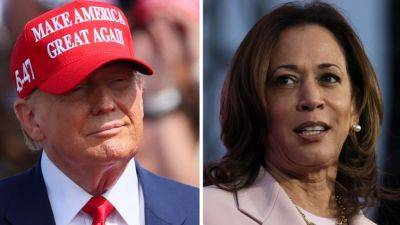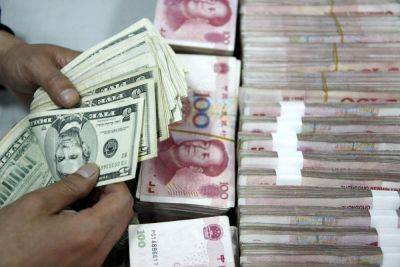A Trump return would threaten global fight against climate change
September 3, 2024
JAKARTA – If he wins the United States presidential election in November, Donald Trump will almost definitely scrap the 2015 Paris Climate Agreement as he did in 2016. But Joe Biden restored the US commitment to the agreement after he replaced Trump in 2020.
Back in 2001, another Republican president, George Bush, withdrew from the Kyoto Protocol, and several other countries, such as Japan and Russia, followed suit.
From a climate change perspective, there are five “champions” of the world’s CO2 emissions: China, the US, India, Russia and Japan. Based on 2022 data, China emitted 11.4 million tonnes of CO2 gas from fossil fuels, mainly coal. About 58 percent of the total energy generated by China comes from coal.
The US came second with total emissions of 5 million tonnes in 2022, mostly from transportation, electricity generation and industry. The US economy relies heavily on the transportation sector, which uses oil to fuel trucks, ships, trains and aircraft. Reliance on cars as the primary means of transportation contributes to the country’s carbon footprint through gasoline and diesel.
India ranked third, with 2.8 million tonnes of carbon emissions from coal as a primary energy source, supplying about 44 percent of the country’s energy needs. Russia is the world’s fourth largest carbon emitter, with 1.7 million tonnes, which is not surprising as coal is widely used in the chemical industry and for power generation there.
Japan is fifth, emitting about 1 million tonnes of carbon in 2021. The central energy fuel mix in Japan changed after the nuclear accident at Fukushima in 2011. Since then, oil has become Japan’s largest energy source, with a share of 38 percent in 2021. Coal is the other largest







